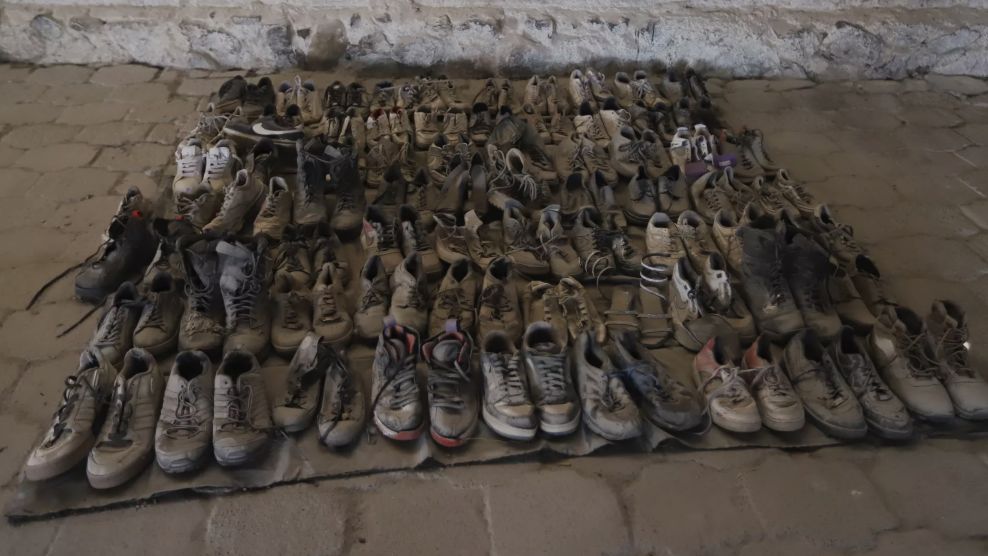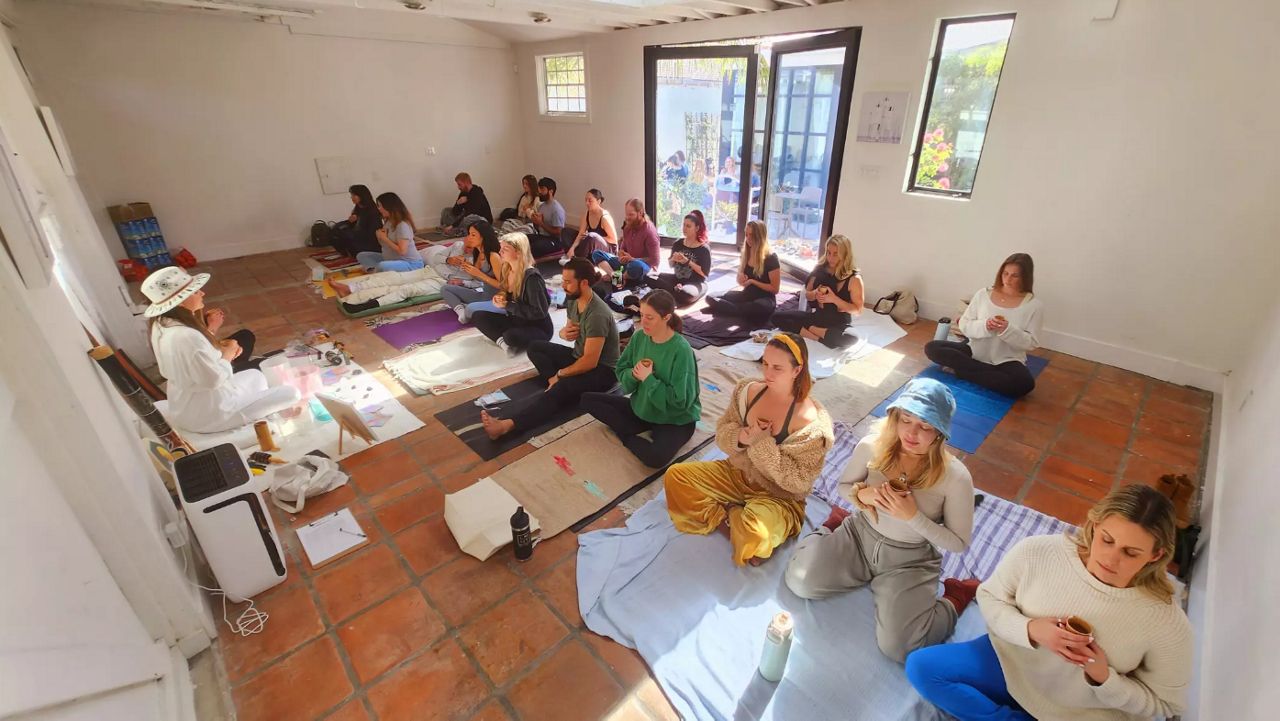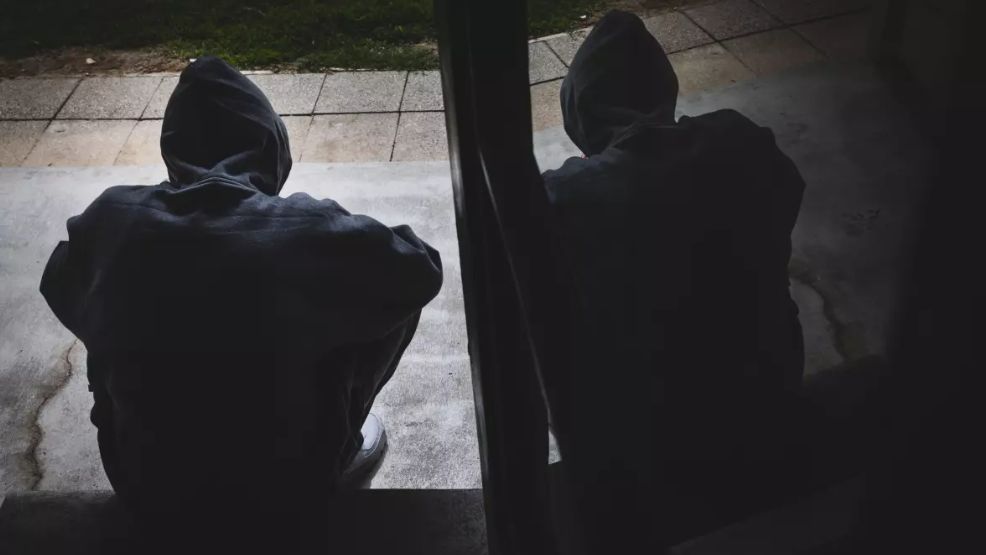Celebrating Martin Luther King Jr. Day and Black History Month conjured up some distant and endearing memories for LA Times columnist Sandy Banks.
In an interview for “LA Times Today,” Banks shared her personal experience as a child, meeting the late civil rights activist face to face.
Banks grew up in Cleveland, Ohio, which was known to be a very liberal place that was a seat of the civil rights movement in the Midwest.
Banks knew little about King, except for the speeches she saw on television. Her parents shielded her from the harsh reality they endured while growing up in the South under Jim Crow. Martin Luther King Jr. visited Cleveland several times, and one time, Banks’ mom pulled her out of school for the day to hear him speak.
“There was a huge crowd of people and my mother got there early and kind of wiggled our way up to the front. He was standing up on a flatbed truck and I was down in the crowd surrounded by grown-ups. But I could see him. It was like he was larger than life,” she recalled.
Banks’ mother lifted her up so she could get face to face with King.
“He leaned down into the crowd to shake hands. When he did that, my mother came behind me and lifted me up, so my hand was outstretched, and he reached down and shook my hand. And my mother, she couldn’t believe it, and I just was a little sweaty,” Banks remembered. “It was at that moment, even then, that I knew something important had happened. There are people all around me with their hands up and they didn’t get their hands shook.”
Banks can still hear King’s voice and remember the words he spoke that day. He said one thing that shifted the way she saw herself and her community.
“I heard him say, ‘I don’t care what anybody says. I have good hair.’ And the crowd just roared with laughter. I couldn’t exactly figure out what he meant. It was perplexing to me because that was something I had always heard in the Black community,” Banks said. “Good hair is that hair that you didn’t have to always straighten out with a hot comb. That’s what my mother had, and that’s what I inherited. To me, it was still the wrong hair because it was too curly, too frizzy. I went to a school that was mostly white, and I wanted to have the straight, swingy hair. And when I looked at his head… there were just little black beads that looked like they were covered with sweat, and I thought, ‘if he has good hair, how do I have good hair?’” Banks recalled.
It was the first time that Banks had realized that, although all the people in the crowd looked different, they were all part of the same family.
“This was in the days, it’s important to know, before Black was beautiful. Before that, you couldn’t even call anybody Black. It was ‘Negro,’ and that was the step up from ‘colored.’ So, the idea that Black was beautiful, he was the one that kind of introduced me to that. And this was in 1963,” she explained.
Banks reflected on what celebrating King’s legacy means to her, and how impactful that day was on her and her mother.
“I do think of my mom, and I think of all the struggles that she went through. She grew up under Jim Crow in Alabama. When we would visit, we couldn’t stay in hotels, we couldn’t eat in a restaurant, we couldn’t try on clothes in the stores. I think of her,” she said.
Banks said King was ahead of his time in the way he led the fight for civil rights.
“To these current generations, he’s old school, or he wasn’t militant enough or whatever, but he really was ahead of his time in his concepts. I feel really grateful to have had a chance to kind of see that in him and to feel part of something,” she said. “I started going with my mother after that. She was big on going to civil rights marches and protests. And I started going with her after that because I felt part of something. And that’s never left me,” Banks said.











